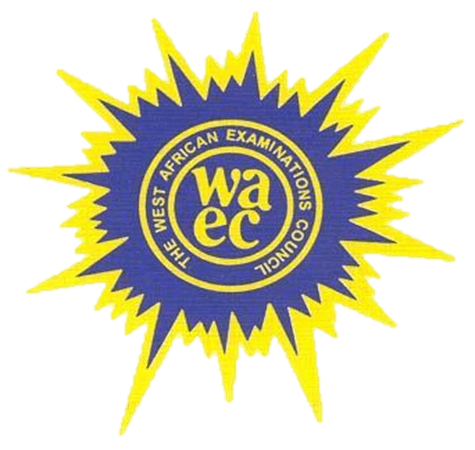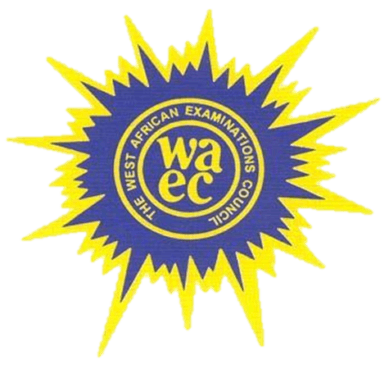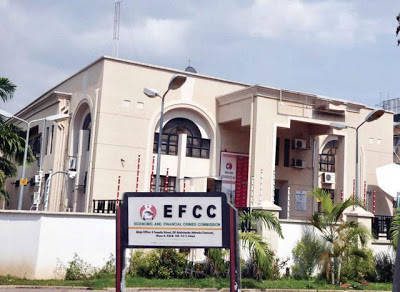Educational Issues
WAEC: Another Woeful Outing


It is time all the relevant stakeholders sat down to address the problems in secondary education
The dire state of education in Nigeria came to the fore recently with the revelation that no candidate qualified for university admission from four Federal Government Colleges in the 2015 West African Senior School Certificate Examination (WASCE). The head of the national office of the council, Mr. Isaac Adenipekun, said of the 235,542 candidates whose results in the November/December 2015 General Certificate Examination (GCE) were processed and released, only 79,490 candidates (representing 33.51 per cent) got six credits and above while 113,573 (47.88 per cent) obtained five credits with Mathematics and English, among the subjects.
A further breakdown also revealed that 146,253 candidates (61.67 per cent) obtained credits and above in four subjects; 175,718 (74.09 per cent) got credits and above in three subjects and 200,304 candidates (84.46 per cent) obtained credits and above in two subjects. While this development is worrisome, it was consistent with the pattern over the years.
In trying to locate where the problem lies, WAEC’s management said parents should be held responsible for not monitoring the education of their wards. “We are quick to place the blame on the doors of schools or the government,” said Adenipekun. “In those days, parents found time to supervise students and check their schoolwork. Today, parents are busy looking for money. Children spend all day playing video games or watching movies.”
While the WAEC boss has a point on the responsibility of parents, his summation of what has become a national tragedy is not correct. The harvest of poor results cannot be blamed on parents alone; it is a product of the declining standards of education in Nigeria, for which teachers share a substantial part. We believe that the government would need to place emphasis on the quality of teachers and teaching as an irreducible minimum if the story must change in the education sector.
Over the years, most schools have seriously declined in academic, moral and disciplinary standards. In most of these schools, the facilities have collapsed and with it the quality of education on offer, for which the Nigerian Union of Teachers (NUT) and its members must take responsibility. Today, what is very much evident is the decline in academic excellence, coupled with an epileptic education system that is characterised by strikes and shutdowns, as teachers continue to make one frivolous demand after another.
As we have proposed in the past, the much-vaunted professionalisation of teaching should be pursued with new timelines while the Teachers’ Registration Council (TRC) and the Nigerian Teachers’ Institute (NTI) should be merged to have all matters relating to teachers and their profession domiciled in one body. Our post-primary institutions also need a complete overhaul. This should begin with a comprehensive capacity audit of the academic staff while the criteria for promotion should be made more rigorous.
What the relevant stakeholders have to bear in mind is that the mass failure in WAEC, which has become an annual fare is actually not the product of the examination body. That is the embarrassing outcome of over 10 years of academic fraud spanning all preceding levels of the education system. But as we seek a solution to the challenge, the growing culture of inflicting new hurdles on the already harassed populace, instead of correcting systemic challenges that are undermining statutory checks, should be brought to an end.
We must fashion out ways by which the federal, states and local governments and stakeholders from the private sector can come together to save secondary education in Nigeria.



















